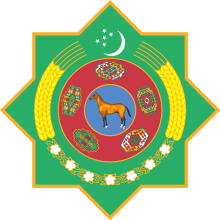Resource information
This Law establishes legal, economic and organizational grounds for sustainable management of pastures and regulates relations concerning rational management and protection of pastures, improvement of ecological, economic and resource potential thereof. Basic principles of the national legislation on pastures shall be as follows: (a) rational management and improvement of pastures; (b) protection of pastures and grazing grounds; (c) availability and accessibility of pastures for legal and natural persons; (d) subsidies and incentives for rational management and improvement of pastures; (e) control over management of pastures; (f) rate setting in the sphere of management and protection of pastures; (g) compensation for damages caused to pastures; and (h) liability for the infringement of the national legislation on pastures.



